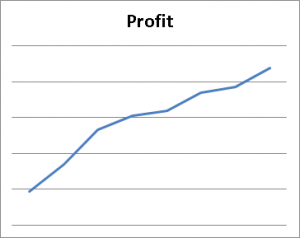Ethics and integrity are constant concerns of our Learning Dynamics clients. We hear about it in consultations, at our preview showcases and during our training sessions. Recent headlines give organizations cause for concern. More and more, employers are choosing to be more purposeful in their ethics and integrity training. Here are three reasons why.
One poor ethical decision can cost much more than money. Edward Snowden made a decision to leak government secrets. Part of his decision was based on an ethical system that was different than that of his employer and, as the government has made clear, the law. The public relations damage to his employer is monumental.
Ethics and integrity cannot be assumed. You can avoid a lot of trouble by taking the proactive step of explaining organizational standards and expectations. Once the damage is done, it is too late. An investment in training that eliminates confusion and answers questions before they are asked can make all the difference.
Keep good people out of trouble. Ethical missteps are often non-negotiable and career-ending issues. You will not have a choice but to end the employment relationship. An otherwise high-quality and high-potential employee could be working for your competitor because of an avoidable poor decision. Training and development in this area are as important as any other.
Most ethical lapses don’t lead the evening news for days at a time, but they can hurt. Take action to keep your company out of the news for the wrong reasons.
—
Learning Dynamics’s award-winning Integrity at Work ® training program features interactive exercises and instruction to help your employees make the right decisions. Our “Guidelines for Ethical Decision Making” job aid will focus decision-makers on the important considerations to protect themselves and your brand. Visit Learning Dynamics for more information about this and all of our training programs and additional services.
